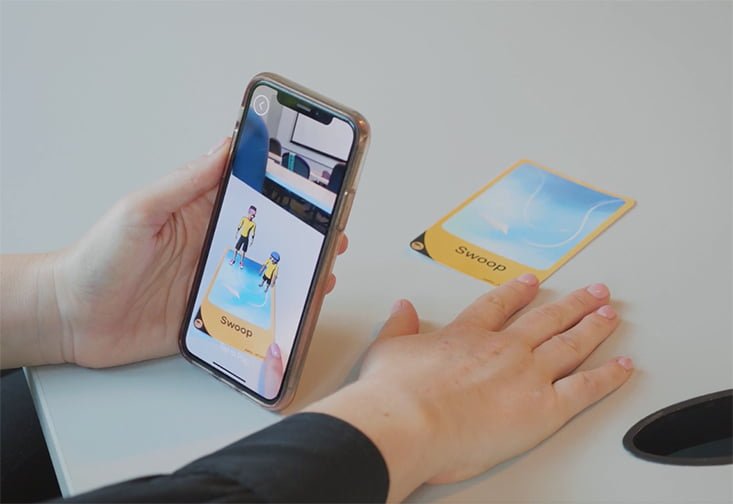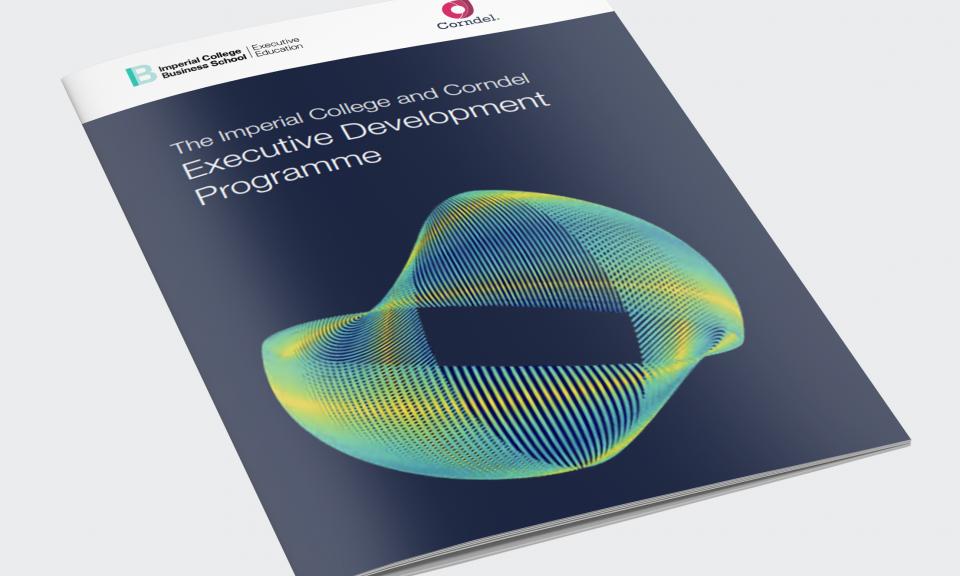
What would you say is the mission of the IB and its relevance in the currenteducation scenario?
We aim to develop inquiring, knowledgeable and caring young people who help create a better and more peaceful world, through intercultural understanding and respect.
In today’s hyper-globalised education landscape, where there is a danger of the richness of geographies and cultures being lost in bits an bytes, the IB insists that we acknowledge and understand humans first and use information to address issues that matter.
The IB programmes encourage a joy of learning which many parents, students and teachers welcome as a viable alternative to existing programmes.
What sets the IB apart from existing systems?
Our programmes develop the agility and imagination needed to contribute to a complex world by strengthening a students ability to analyze, form questions and present their ideas to their peers and adults—to create change where they see change needed. It enables students to connect learning to real issues and to learn (rather than master test taking). The IB programmes ask for disciplined inquiry into established bodies of knowledge and into potentially complex problems. Principled action through practical, real-world experience prepares a student to be a leader where and when needed. Action may involve learning by doing, asking for change through advocacy, and doing so by educating self and others.
Through inquiry, action and reflection, IB programmes develop a range of competencies and dispositions such as thinking, working with others, communicating, self-management and research. These ideas are embodied in the IB Learner Profile, a set of 10 attributes that we believe can help individuals and groups become responsible members of local, national and global communities.
The IB aims to create classrooms buzzing with students and teachers asking questions (big and small), doing and thinking. The learner, whether the student or the adult in the classroom, is prepped for a lifetime of learning, independently and in collaboration with others.
IB students are critical thinkers who can read deeply, write well and understand local and global needs. They are prepared to handle future environments, local or global, with confidence in their ability to learn.
Do the IB programmes in India differ from those in other countries?
Our standards are the same across the world. The programmes are designed to be taught from multiple perspectives and we stress the need for contextual teaching, beginning with the local and moving to the global. You cannot appreciate another culture if you don’t understand your own history and culture.
What can you tell us about the IB teaching methodology?
The IB’s teaching methodology changes as the age of the student changes. In the early years, teachers use methodologies that develop the cognitive capabilities of the children to enable them to ask better questions and make connections through the reading and writing skills they are gaining across themes, which best make sense to a young child individually and in groups.
At middle-school level, teachers challenge students to find meaning in the content they are learning, form stronger connections with the content they need to learn and go deep into the study of topics and world issues that matter to them personally.
At diploma level, students prepare for university by gaining deep disciplinary knowledge but also through developing cognitive connections across disciplines. More importantly, they gain intense research and powerful writing skills, which are needed in higher level college courses.
Why you think it has taken almost 40 years for the IB to gain ground in India and what you see as the future?
We imagine that the IB’s development in India follows its interest in the global economy. Growth of IB programmes increased with open economic policies in the mid-2000s and were concentrated in the economic centres of India – Mumbai and Bangalore. Since then, the number of programmes has grown rapidly and spread to cities such as Ahmedabad, Pune, and Bhopal.
[“source – dnaindia.com”]











